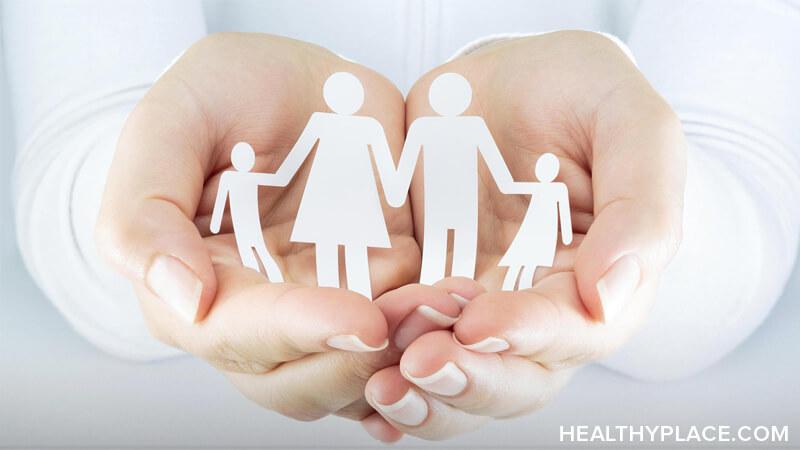Opening Up About Borderline PD Symptoms to Immigrant Parents

Opening up about borderline personality disorder (BPD) symptoms can present unique challenges, and disclosing this condition to immigrant Filipino parents adds another layer of complexity. My BPD symptoms include intense mood swings, fear of abandonment, and unstable self-image. Opening up about my borderline personality disorder symptoms with parents who come from a culture and generation that stigmatizes mental health issues is a delicate and, at times, painful process.
As my family dynamics were rooted in beliefs about resilience and projecting unwavering strength, when I started opening up, I did so with caution. Opening up about BPD symptoms in such an environment was at first met with skepticism and confusion. The first time I thought to open up about my BPD symptoms happened mid-panic attack, and I regret not being more mindful in my approach.
Opening Up About BPD Symptoms: Communication Through Resources
One significant hurdle is the clash between Western psychiatric concepts and traditional Filipino values. While BPD symptoms are acknowledged in the mental health realm, translating it in a way that aligns with my family's cultural values has been essential. Emphasizing that seeking help is a testament to strength and a commitment to personal growth has reshaped perceptions. I found success by sharing easy-to-understand resources with my family, eventually leading my mom to express her commitment to research and support in my mental health journey. These days, I can openly text my mom with updates on my recovery.
Opening Up About BPD Symptoms: Seeking Guidance from Culturally Aware Professionals
The value of community support is paramount. Encouraging my parents to connect with support groups or seek guidance from culturally aware mental health professionals provides comfort. Knowing they are not alone in supporting a loved one with BPD symptoms offers reassurance. Whether they embrace these suggestions or not, finding solace and success in working with a therapist who understands the nuances of Asian and Western family dynamics has been crucial for me. It's made a world of difference to connect with culturally aware professionals who can touch on the roots of my trauma with added insight into how family dynamics may have contributed to my mental health.
Opening up about BPD symptoms to immigrant Filipino parents has entailed delicately navigating cultural nuances and traditional beliefs. Approaching the conversation with sensitivity, providing educational resources, and emphasizing the potential for positive change have paved the way for understanding and support within my family unit.
Check out my video below to hear my journey in opening up about my BPD symptoms to my immigrant family members.
APA Reference
Mae, K.
(2024, January 23). Opening Up About Borderline PD Symptoms to Immigrant Parents, HealthyPlace. Retrieved
on 2025, December 1 from https://www.healthyplace.com/blogs/borderline/2024/1/opening-up-about-borderline-pd-symptoms-to-immigrant-parents
